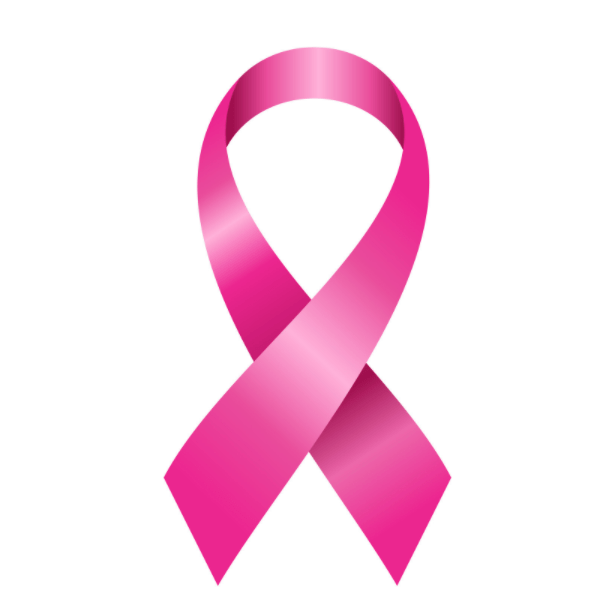The OAGC Social Media and Communication committee is proud to share this special member spotlight! Meet Paul Hudson, MS, CGC and president elect of OAGC. He has been super helpful with improving our website and we are excited for you to get to know him better.
What lead you to a career in genetic counseling?
I actually first learned about genetic counseling my Junior year of undergrad from a generic email blast from an academic advisor. At that time, I was really struggling with what I wanted to do after I graduated. My degree was in Zoology so I had considered everything from applying for a Zookeeper position at the Columbus Zoo, to pursuing a Master’s degree or PhD in Zoological research, to starting all over and going to Culinary School!
Hearing about genetic counseling at that time was simply meant to be – I immediately signed up to shadow as many local genetic counselors as I could. I was really drawn to the idea of combining my passion for science and research with my love of people. I was also really excited about the idea that all of our genetic information is there, ready to be unlocked – people just need someone to help them access this information and decide what information they want and when they want it. In that way, I found the idea of genetic counseling and having these deep discussions with patients to be so powerful and impactful.
What are you most excited about with your new role in OAGC?
I’m most excited about meeting more Ohio genetic counselors! I think it is so important once you start your career to have a network of other genetic counselors that you can bounce ideas off of, vent to, discuss interesting cases with, and feel supported by. There was a period of time where I was the only full-time genetic counselor in my department, and the only full-time counselor working in Maternal Fetal Medicine in Dayton that I was aware of. This felt isolating at times – I really missed the camaraderie of graduate school and the ability to have peers and mentors nearby that I could ask for help from. I hope that genetic counselors who find themselves in a similar situation can use OAGC as a networking tool to find this support and know that there are many genetic counselors across the state with all sorts of different backgrounds and expertise.
What do you think will be different about genetic counseling in five years?
I think that conversations with patients will be less about IF a test is available or affordable, and more about whether or not the patient is interested in having the test done. In prenatal counseling, we often run into issues with insurance coverage and out-of-pocket costs when ordering rapid prenatal exome testing. We often delay these tests until after birth per patient request due to absurdly high costs. As the cost of genetic testing continues to be reduced, I hope that access for these patients improves and that cost and insurance coverage will no longer be prohibitive factors. If so, I think we will see more and more patients who actually receive their diagnosis of a Mendelian disorder prenatally rather than in the pediatric clinic.
I think we will also see more rapid exomes and even genomes being performed in the NICU. Overall, I think we will start to see shorter or non-existent diagnostic odysseys and likely higher frequencies of genetic disorders in the general population then we had previously estimated.
What advice would you give a new genetic counseling graduate (or a person considering genetic counseling as a career)?
I would tell any new genetic counseling graduate to anticipate experiencing at least some form of imposter syndrome. So much learning happens in the first year on the job – I felt like my first year as a genetic counselor was almost like a third year of grad school! It can be so exciting, but a little scary at the same time. It’s easy to feel like you don’t know what you’re doing – but you do. I’ve told the new genetic counselors I know to always focus on their accomplishments, remember that this is what they were trained to do, and keep in mind that it’s impossible to know everything about every genetic condition.
I always encourage individuals considering genetic counseling to immerse themselves in the field as much as they can. The best thing an interested person can do is meet and shadow genetic counselors, meet other interested individuals through University clubs or social media, and even attend conferences. I truly feel that OAGC and the Annual Education Conference can be a great resource for interested people or genetic counseling program applicants.
What’s a fun fact (non-genetic counseling) about yourself ?
My absolute favorite thing to do is cook! In my free time, I’m usually watching cooking videos on YouTube, cooking at home, or checking out the local Dayton restaurant and bar scene. Prior to learning about genetic counseling as a career option, I had seriously considered going to culinary school or trying to find work in some of the amazing restaurants in Columbus.

